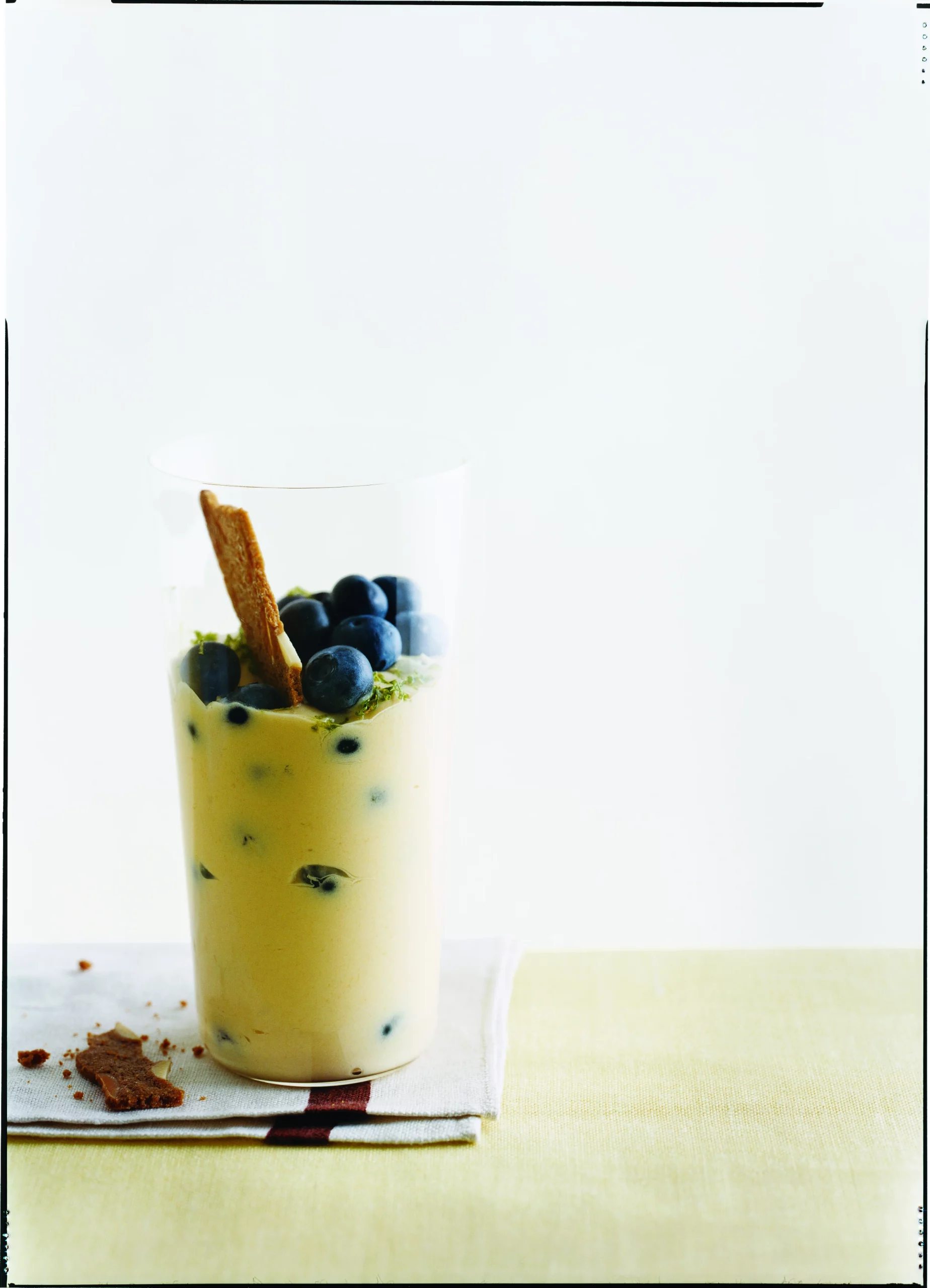A breakfast that stimulates collagen production? Yes, please!
Advice on how we can help the body in the production of collagen with nutrition is provided by a clinical nutritionist mag.nutr. Nevena Pandža
Nevena PandžaFebruary 27, 2024

Advice on how we can help the body in the production of collagen with nutrition is provided by a clinical nutritionist mag.nutr. Nevena Pandža
Nevena PandžaFebruary 27, 2024
Collagen is the most abundant protein in the body. Its fibrous structure is used to create connective tissue, and it acts as “glue” by connecting other tissues and skin, muscles, tendons and cartilage. Collagen helps tissues to be stronger, more resilient and able to withstand stretching. The main amino acids that make up collagen are proline, glycine and hydroxyproline. These amino acids are grouped together to form fibers in the form of a triple helix, and the “helpers” for creating this structure are vitamin C, zinc, copper, sulfur and manganese.
Over the years, our bodies gradually produce less collagen, while collagen production declines the fastest due to excessive sun exposure, smoking, excessive alcohol and fast food intake, insufficient protein, vitamin and mineral intake, and lack of sleep and exercise. A varied, balanced diet supplies the body with building materials necessary for the natural production of collagen and the reduction of its breakdown.
Numerous foods of animal and vegetable origin contain proteins, vitamins, minerals, antioxidants necessary for collagen production and improvement of skin health. In food, collagen in its form is found in meat and fish, which are most often eaten for main meals, while bones are used to cook soup stock, which is excellent for preparing stews, risottos and various sauces. In addition to meat and fish, the intake of high-protein foods such as eggs, dairy products, legumes stimulates the production of collagen, because they supply the body with the necessary amino acids for its creation.

As we can see, only one food cannot provide us with all the necessary nutrients, nor can only one nutrient stimulate collagen synthesis. That’s why I bring inspiration for breakfasts and the synergistic action of foods that stimulate collagen production:
Integral toast with spinach pesto and egg
Ingredients:
Procedure:
Serve with squeezed grapefruit and orange juice (150 ml).
Nutri tip: for a veggie option, you can use tofu or grilled mushrooms instead of eggs

Millet porridge with berries and hazelnut butter
Ingredients:
Procedure:
Serve with a cup of ginger and lemon tea.
Nutri tip: instead of millet, we can use quinoa or whole grains according to preference